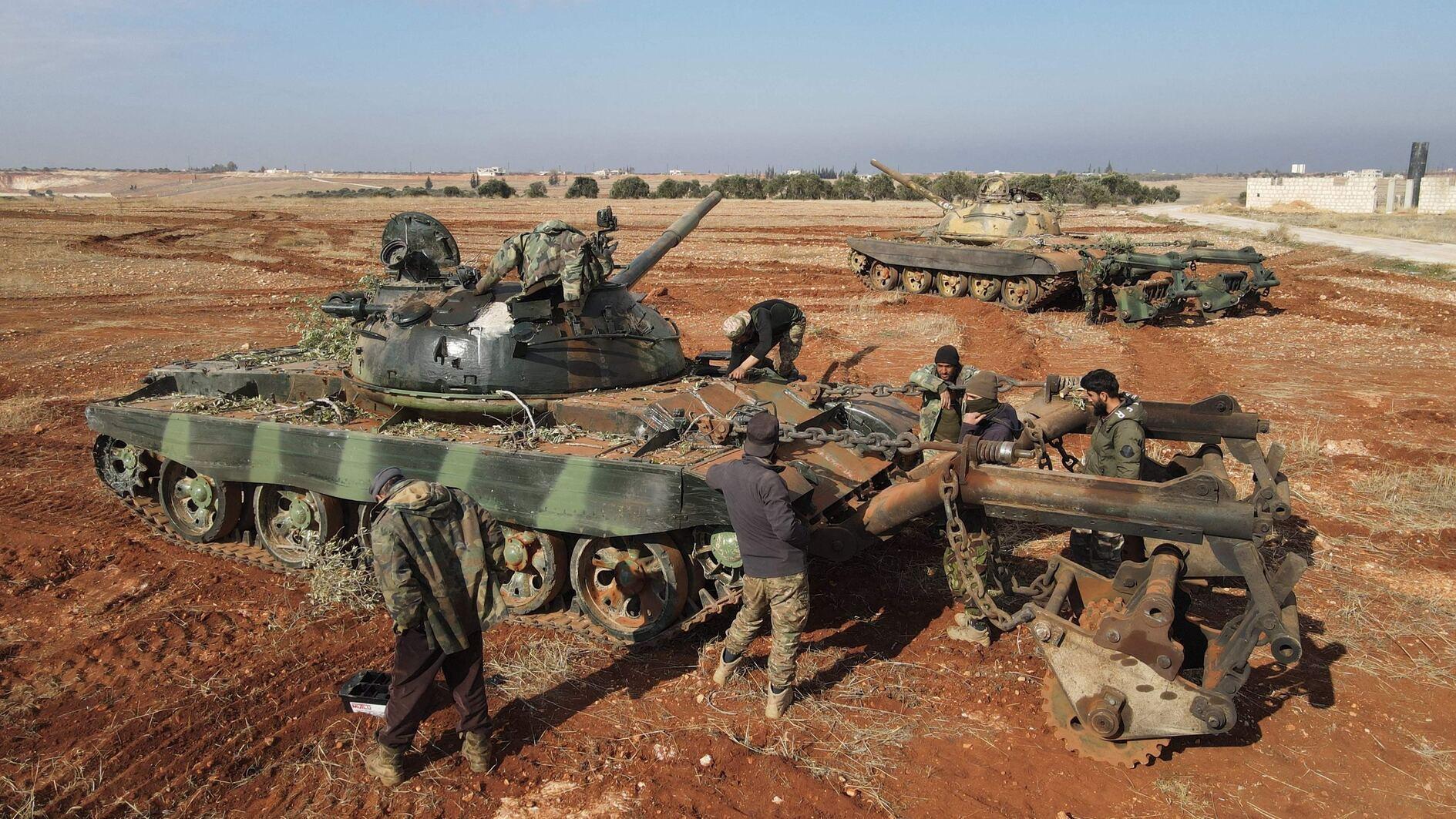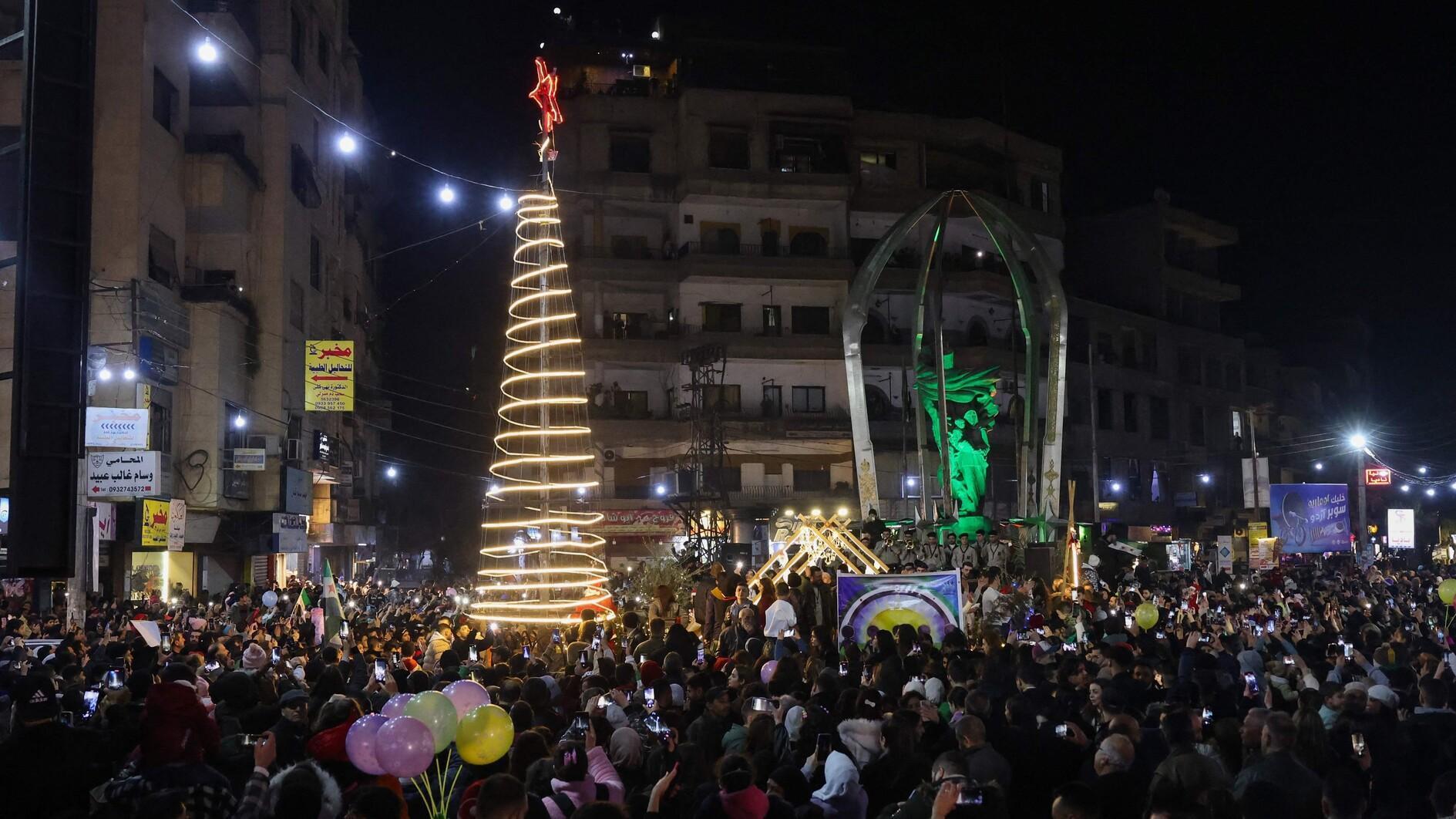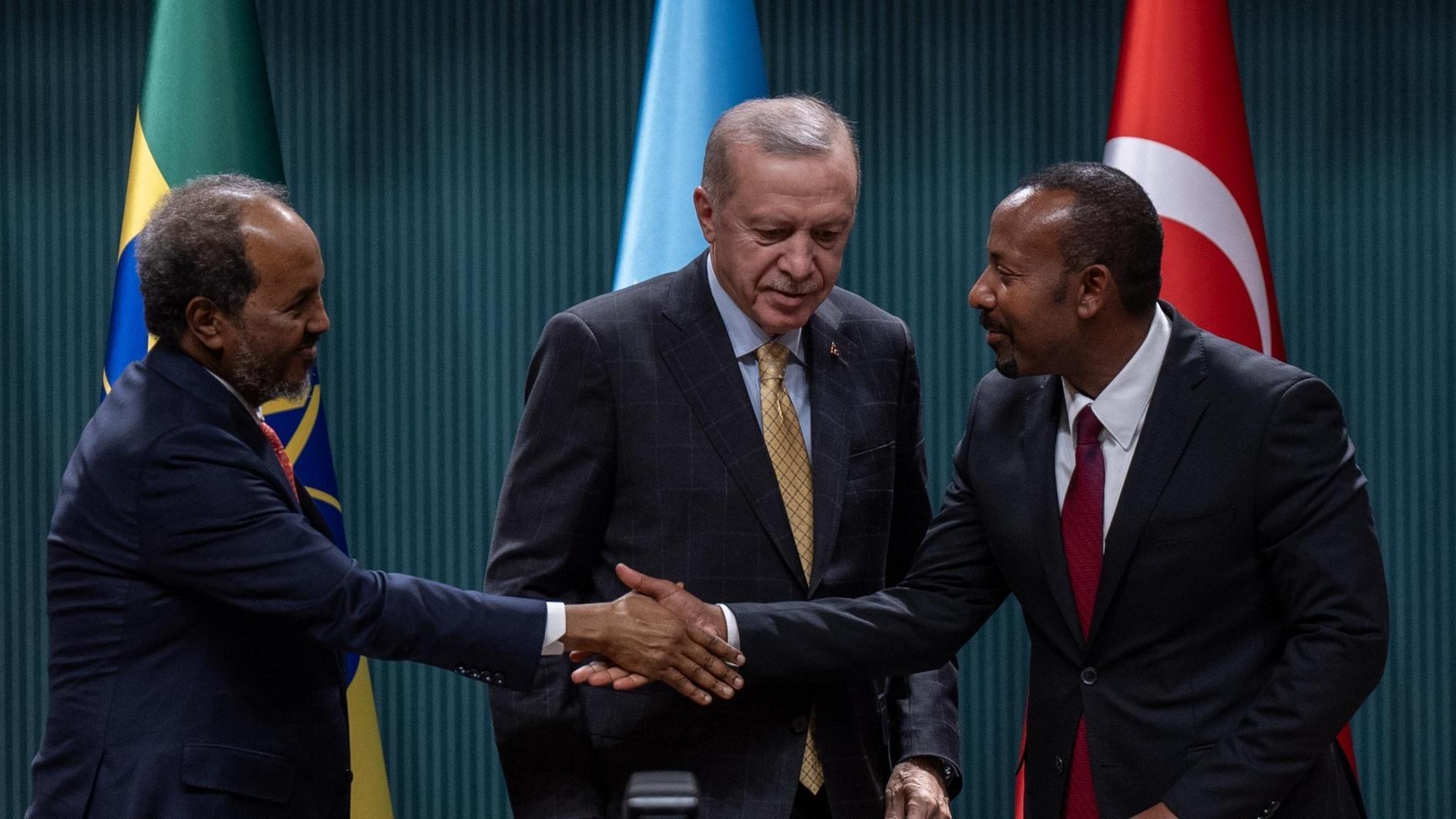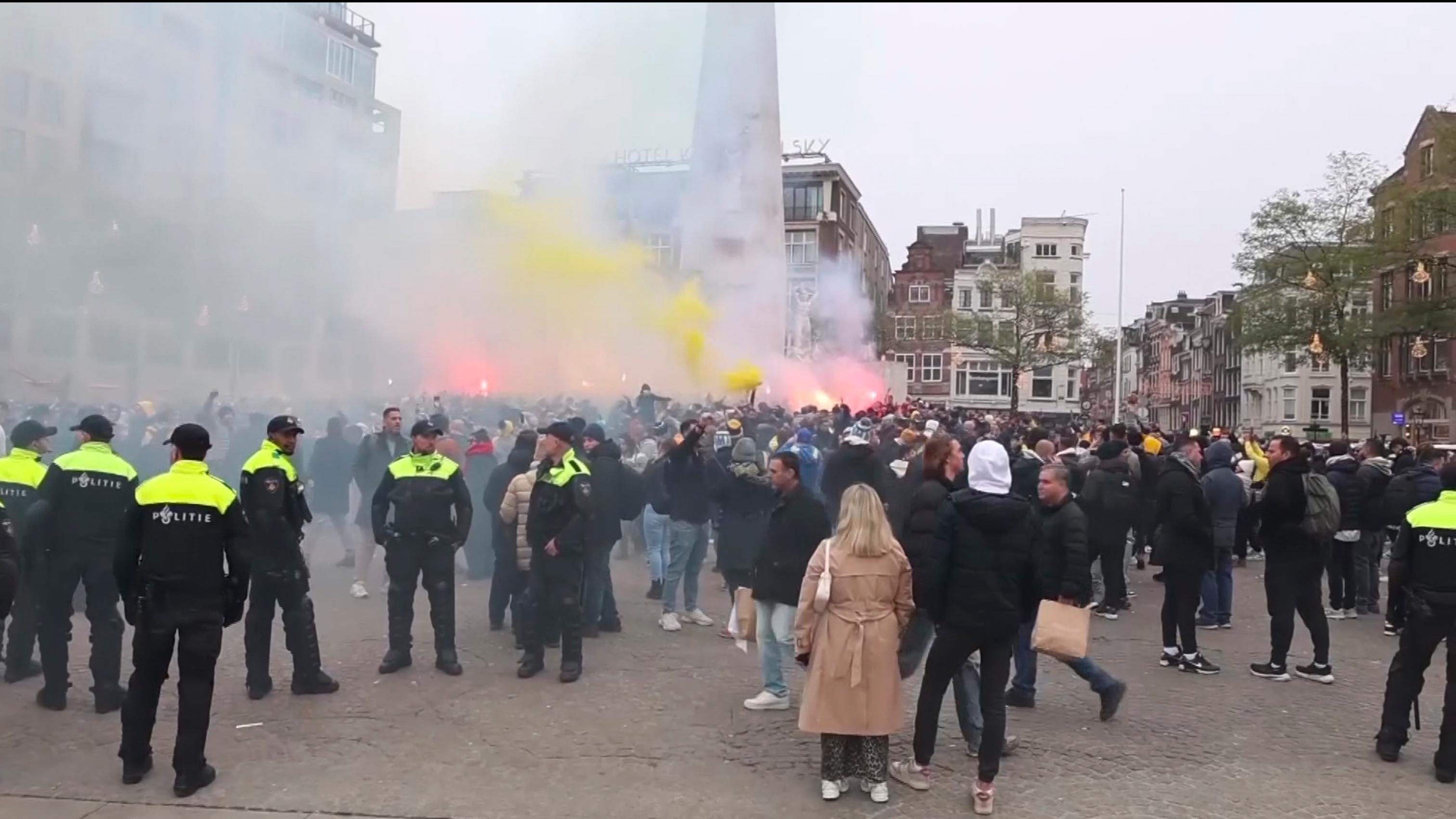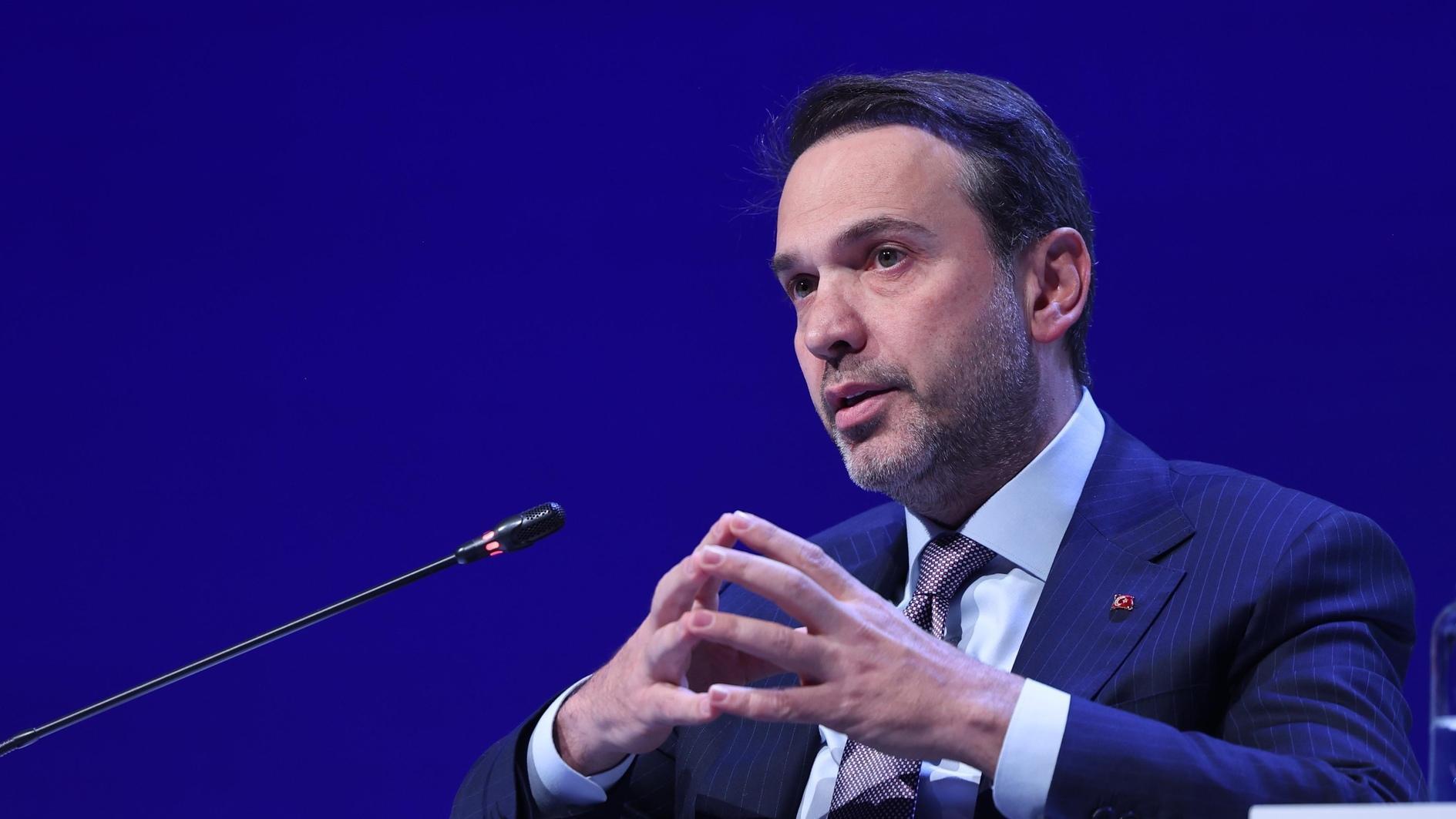Turkey’s top judge complains about 'climate of fear'
Emre KIZILKAYA - ekizilkaya@hurriyet.com.tr
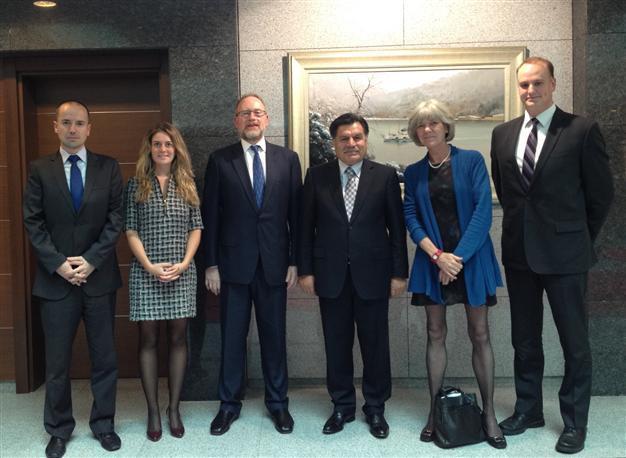
(L-R) Emre Kızılkaya, Hürriyet Daily News' managing editor and IPI National Committee Vice President; Burcu Karakaş, Milliyet daily reporter and IPI National Committee member; David Schlesinger, former editor-in-chief of Reuters and Director for the CPJ; Constitutional Court President Haşim Kılıç; Anne Garrels, special correspondent for NPR and Director for the CPJ; Steven Ellis, Senior Press Freedom Adviser for the IPI.
Turkey’s top judge has called on journalists “to resist" despite "the climate of fear."Haşim Kılıç, the president of the country's Constitutional Court, hosted a joint delegation of the Vienna-based International Press Institute (IPI) and the New York-based Committee to Protect Journalists (CPJ), which were visiting Ankara for a press freedom mission on Oct. 1.
“What worries me is the increasingly widespread discourse of hate and grudges. Political institutions have a role in making this climate,” Kılıç told the delegation.
“The climate of fear that has formed in this environment affects journalists, too. But fundamental human rights require fighting for them. Journalists, too, should resist. They shouldn’t surrender,” he added.
The delegation expressed particular concern about the state of freedom of expression online. On Oct. 2, one day after members of the delegation met with Kılıç, the Constitutional Court overturned new amendments to an Internet law, which would have allowed the country’s telecommunication authority to block websites swiftly and without a court order, and collect and retain Internet users’ data.
“Free speech is the most important, the top-priority right. I suppose it will be perceived as an exaggeration, but I believe it is even more valuable than the right to live,” Kılıç told the delegation.
Prime Minister Ahmet Davutoğlu, with whom the delegation met on Oct. 2, criticized the court’s latest ruling the same day. “The Constitutional Court may be perceived as a hero of liberty by some circles, but it can’t protect my rights,” he said in a televised interview.
'Judges are responsible'
During his meeting with the delegation, Kılıç stressed the need for a decrease in political tensions in Turkey.
Besides political actors, the top judge pointed at some judges for not practicing constitutional guarantees on free speech in their rulings. He argued that Article 90 of Turkey’s Constitution puts international treaties like the European Convention on Human Rights above all national laws, but “some judges fail to implement this.”
“One of the sources of the problem is the fact that the members of the judiciary who see cases about fundamental rights don’t have that perception. Now we’re starting a three year program with the Council of Europe to educate the members of the Turkish judiciary. I believe it would solve the problem,” he said.
Kılıç had disturbed the government after Turkey’s top court removed a ban on Twitter despite Ankara’s fierce objection. “The Constitutional Court’s view on free speech is totally in accordance with the views of the European Court of Human Rights and the Convention. Our Twitter and YouTube rulings are two instances in this regard,” he told the delegation.
After ruling out that the court’s liberal rulings may stop after he retires next year, Kılıç concluded: “Once you expand the domain of freedom, it is hard to close it again. I trust in my colleagues; Turkey’s Constitutional Court will keep expanding the domain of freedom after we have left, too.”
The Constitutional Court has reached most of its recent verdicts unanimously, or with few abstainers.


